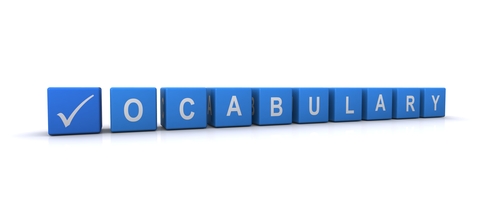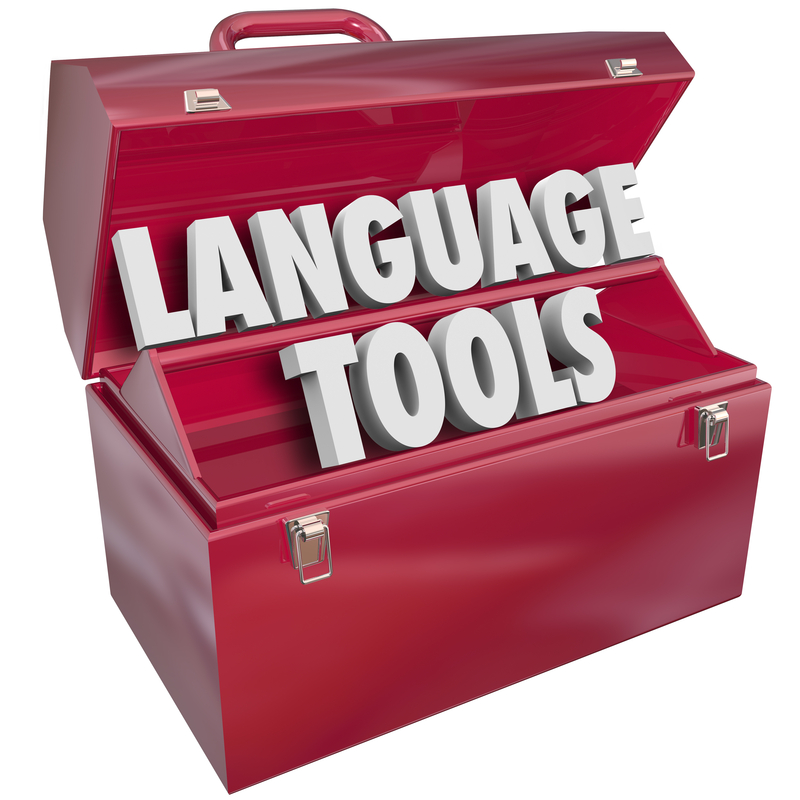Activities to Support Vocabulary Development
Now that you have a great user-friendly vocabulary
definition, how do you help your students “own” the meanings? How do you
support their learning of these vocabulary terms?
Beck, McKeown and Kucan’s Bringing Words to Life is one of several books we love that gives practical suggestions for supporting vocabulary learning. In it, the authors give activities that can be used to
support the understanding of the vocabulary terms. Likewise, in Developing Vocabulary and Oral Language in Young Children, Silverman and Hartranft list activities to help students “play with words.”
support the understanding of the vocabulary terms. Likewise, in Developing Vocabulary and Oral Language in Young Children, Silverman and Hartranft list activities to help students “play with words.”
To give you some examples of how to use these activities,
we’re going to use words from our InferCabulary2 iPad app: conspirator, din, horde, and
mourner. You could work with the student on these four words using
InferCabulary2 and then engage in activities to support the learning of these
four terms.
we’re going to use words from our InferCabulary2 iPad app: conspirator, din, horde, and
mourner. You could work with the student on these four words using
InferCabulary2 and then engage in activities to support the learning of these
four terms.
Activities could include:
Word Associations
This is a commonly used method for reinforcing and
supporting the understanding of vocabulary terms by speech language
pathologists. It looks something like this:
supporting the understanding of vocabulary terms by speech language
pathologists. It looks something like this:
- ·
Which word goes with “thief?” (conspirator) - ·
Which word goes with “a loud unpleasant noise?”
(din) - ·
Which word goes with “gang?” (horde) - ·
Which word goes with “grieving?” (mourner)
Asking important questions of your students to help them “associate”
the meaning of the words helps the student process the information and creates
a deeper understanding of the vocabulary word.
the meaning of the words helps the student process the information and creates
a deeper understanding of the vocabulary word.
Relate to Personal
Experiences
Experiences
This question activity helps a student associate his own
experiences with the vocabulary word.
experiences with the vocabulary word.
- ·
Have you ever done something wrong with a friend
and gotten in trouble? (conspirator) - ·
Have you ever heard a really loud noise? (din) - ·
Have you ever gone to a large concert? (horde) - ·
Have you ever gone to a funeral or lost someone
you love? (mourner)
Often students can’t relate to the words because they don’t
know how to associate the word to their own experience. Your job is to help
them find that connection.
know how to associate the word to their own experience. Your job is to help
them find that connection.
Word Lines
Put the word and its synonyms on a word line or continuum. Using
the word horde, I created a word map using Inspiration Maps for iPad. You could
also do this low tech using paper and pencil or sticky notes.
the word horde, I created a word map using Inspiration Maps for iPad. You could
also do this low tech using paper and pencil or sticky notes.
Talk about which is “more,” crowd or horde, mob or multitude, gang or horde? The student will begin to understand how their new vocabulary word relates to synonyms of the word. Adding a new set of words to the meaning “a large group,” will enhance the meaning and establish a deeper knowledge of the word.
Drama
Have the students act out the word. For example, conspirator could be acted out by brainstorming ideas of what friends could get into trouble doing. Use all the verbs from the vocabulary list and have the children act out each word in order for other students to guess.
No matter what activities you use for vocabulary learning, make it fun! When kids are having fun, both sides of the brain are engaged leading to deeper learning and retention of words.




